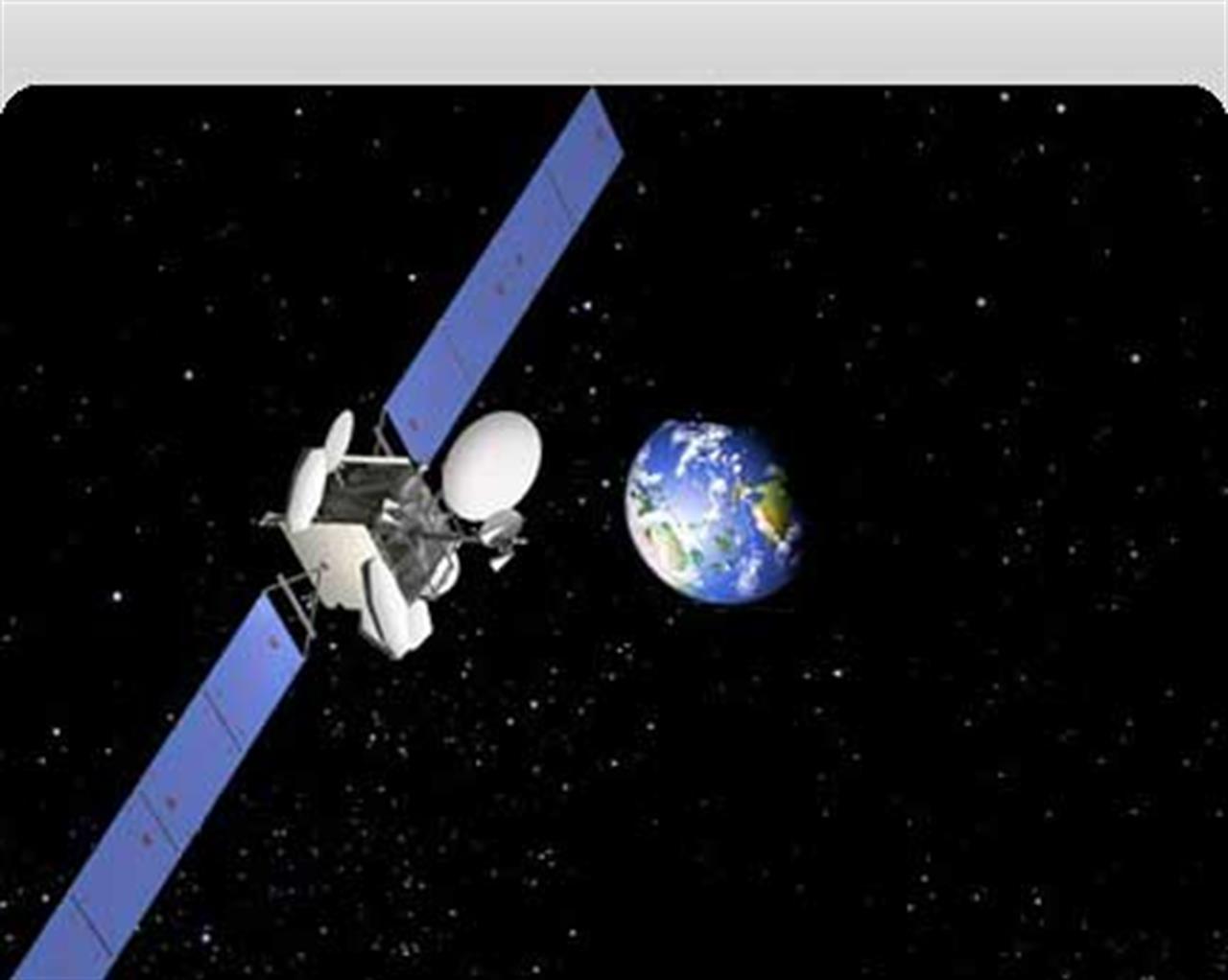Mondo
Human rights in orbit
Is internet a human right? According to one NGO it is and their mission is ensuring that everyone can surf the web, for free

A young non profit venture called A Human Right is embarking on a global challenge: to provide every one in the world with free internet access. The organisation is based in the US but has more than 100 volunteers working for it around the world.
If world wide access to the world wide web is the long term goal, the short term goal is to buy one of the best communication satellites in orbit, TerreStar 1, and move it so that its signal can reach millions of people living in internet darkness. So far the organization has raised 26 thousand of the 150 thousand dollars it needs to put in a bid to purchase the satellite, which is owned by a company that has recently filed for bankruptcy.
The project is the brainchild of a group of ten under-thirty innovation experts who, during an innovation camp run by Palomar 5, decided that if the world is to rid itself of some of its greatest social problems, all it’s people need to be able to communicate, access, send and receive information through the internet. To highlight the urgency of the need for internet, the non profit organization reveals that only a third of the world’s population has access to the world wide web.
“Internet is a tool that helps people to help themselves,” explains A Human Right CEO, Kosta Grammatis, “and we believe that access to the internet is a human right”. According to statistics, five billion people in the world do not have internet access. Many of them are in developing countries but Grammatis highlights that the correlation between internet access and GDP is not limited to the global scale; it has been proved that in the USA, the less money you have the more likely you are not to have the tools to go online.
“Why not recycle a satellite”
How do ten under-thirty year olds come up with a plan to bring the world wide web to the world? It all started in October 2009 at an innovation camp in Berlin organised by a forward thinking organisation called Palomar 5 that describes itself as “a network-organisation aiming to create and experiment with environments that empower individuals to develop and realize positive ideas.” Its innovation camp brought together 30 participants – all of them promising young individuals from a range of different backgrounds – who lived and worked in a 200 sqm factory building for 6 weeks. Their aim? To develop projects based around the theme “the future of work”. One of these projects was A Human Right.
Building a satellite is far less feasible than recycling one, so when the organisation found out that TerreStar 1’s owners had gone bankrupt they thought the opportunity was to good to miss out on. In the meantime, the organisation is looking to form partnerships with governments of countries like Papa New Guinea, where the internet penetration rate is only 2.1% and whose prime minister, Michael Somare, would like to see internet available to more of his nation’s people. “We need to get information to them so they can think for themselves, better their own lives, and not rely on other people’s dole,” he is quoted as saying on A Human Right’s ‘buy this satellite’ campaign website.
To find out more about A Human Right’s plan to bring free internet to the masses visit:
Vuoi accedere all'archivio di VITA?
Con un abbonamento annuale potrai sfogliare più di 50 numeri del nostro magazine, da gennaio 2020 ad oggi: ogni numero una storia sempre attuale. Oltre a tutti i contenuti extra come le newsletter tematiche, i podcast, le infografiche e gli approfondimenti.
